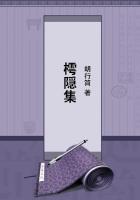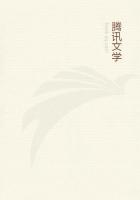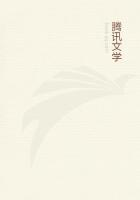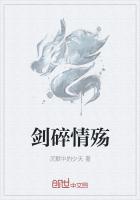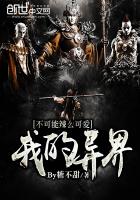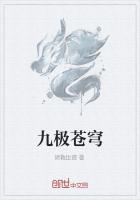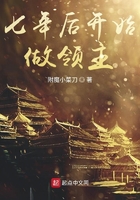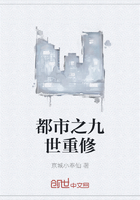Disagreements of this kind might perhaps have been tided over until the end of the campaign; but an unfortunate incident suddenly led to a more serious quarrel. Gordon's advance had been fiercely contested, but it had been constant; he had captured several important towns; and in October lice laid siege to the city of Soo-chow, once one of the most famous and splendid in China. In December, its fall being obviously imminent, the Taiping leaders agreed to surrender it on condition that their lives were spared. Gordon was a party to the agreement, and laid special stress upon his presence with the Imperial forces as a pledge of its fulfilment. No sooner, however, was the city surrendered than the rebel 'Wangs' were assassinated. In his fury, it is said that Gordon searched everywhere for Li Hung Chang with a loaded pistol in his hand. He was convinced of the complicity of the Governor, who, on his side, denied that he was responsible for what had happened. 'I asked him why I should plot, and go around a mountain, when a mere order, written with five strokes of the quill, would have accomplished the same thing. He did not answer, but he insulted me, and said he would report my treachery, as he called it, to Shanghai and England.
Let him do so; he cannot bring the crazy Wangs back.' The agitated Mandarin hoped to placate Gordon by a large gratuity and an Imperial medal; but the plan was not successful. 'General Gordon,' he writes, 'called upon me in his angriest mood. He repeated his former speeches about the Wangs. I did not attempt to argue with him... He refused the 10,000 taels, which I had ready for him, and, with an oath, said that he did not want the Throne's medal. This is showing the greatest disrespect.'
Gordon resigned his command; and it was only with the utmost reluctance that he agreed at last to resume it. An arduous and terrible series of operations followed; but they were successful, and by June, 1864, the Ever Victorious Army, having accomplished its task, was disbanded. The Imperial forces now closed round Nankin; the last hopes of the Tien Wang had vanished. In the recesses of his seraglio, the Celestial King, judging that the time had come for the conclusion of his mission, swallowed gold leaf until he ascended to Heaven. In July, Nankin was taken, the remaining chiefs were executed, and the rebellion was at an end.
The Chinese Government gave Gordon the highest rank in its military hierarchy, and invested him with the yellow jacket and the peacock's feather. He rejected an enormous offer of money; but he could not refuse a great gold medal, specially struck in his honour by order of the Emperor. At the end of the year he returned to England, where the conqueror of the Taipings was made a Companion of the Bath.
That the English authorities should have seen fit to recognise Gordon's services by the reward usually reserved for industrious clerks was typical of their attitude towards him until the very end of his career. Perhaps if he had been ready to make the most of the wave of popularity which greeted him on his return--if he had advertised his fame and, amid high circles, played the part of Chinese Gordon in a becoming manner-- the results would have been different. But he was by nature farouche; his soul revolted against dinner parties and stiff shirts; and the presence of ladies-- especially of fashionable ladies-- filled him with uneasiness. He had, besides, a deeper dread of the world's contaminations. And so, when he was appointed to Gravesend to supervise the erection of a system of forts at the mouth of the Thames, he remained there quietly for six years, and at last was almost forgotten. The forts, which were extremely expensive and quite useless, occupied his working hours; his leisure he devoted to acts of charity and to religious contemplation. The neighbourhood was a poverty-stricken one, and the kind Colonel, with his tripping step and ****** manner, was soon a familiar figure in it, chatting with the seamen, taking provisions to starving families, or visiting some bedridden old woman to light her fire. He was particularly fond of boys. Ragged street arabs and rough sailor-lads crowded about him.
They were made free of his house and garden; they visited him in the evenings for lessons and advice; he helped them, found them employment, corresponded with them when they went out into the world. They were, he said, his Wangs. It was only by a singular austerity of living that he was able to afford such a variety of charitable expenses. The easy luxuries of his class and station were unknown to him: his clothes verged upon the shabby; and his frugal meals were eaten at a table with a drawer, into which the loaf and plate were quickly swept at the approach of his poor visitors.
Special occasions demanded special sacrifices. When, during the Lancashire famine, a public subscription was opened, finding that he had no ready money, he remembered his Chinese medal, and, after effacing the inscription, dispatched it as an anonymous gift.
Except for his boys and his paupers, he lived alone. In his solitude, he ruminated upon the mysteries of the universe; and those religious tendencies, which had already shown themselves, now became a fixed and dominating factor in his life. His reading was confined almost entirely to the Bible; but the Bible he read and re-read with an untiring, unending assiduity. There, he was convinced, all truth was to be found; and he was equally convinced that he could find it. The doubts of philosophers, the investigations of commentators, the smiles of men of the world, the dogmas of Churches-- such things meant nothing to the Colonel.
Two facts alone were evident: there was the Bible, and there was himself; and all that remained to be done was for him to discover what were the Bible's instructions, and to act accordingly. In order to make this discovery it was only necessary for him to read the Bible over and over again; and therefore, for the rest of his life, he did so.

